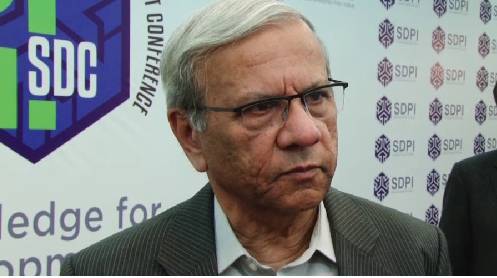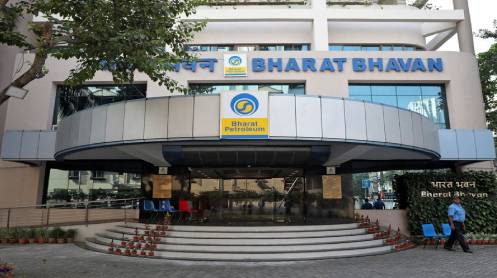Renowned economist, Dr Kaiser Bengali, has decried the decision of the government to ensure the supply of natural gas to the fertilizer sector at a much-reduced price when domestic consumers and other industries in the country have been facing a grave energy crisis.
While addressing a seminar, Dr Bengali lamented the continued gas supply to fertilizer plants at a price as low as 13 per cent of the economic value of the precious energy commodity.
He lamented the situation that gas produced in Balochistan was being provided to the fertilizer sector at as low a price as that of water.
He was of the view that it was not the issue whether the public sector or private sector was good for the country as there existed a clique, which had been constantly plundering public wealth and resources for its own good.
Dr Bengali said that sugar barons, real estate tycoons, paper merchants, businessmen in the automobile sector, and stock brokers, and all such influential people were part of this clique brazenly involved in looting public exchequer.
He said that this mentality to loot public money for self-enrichment did exist both in the public and private sectors.
He appealed to the people to take to the streets to fight against this clique brazenly involved in plundering national wealth and resources.
He said the people had been left with no choice but to come out of their homes to protect the country from such corrupt elements.
Dr Kaiser Bengali decries gas supply to fertilizer sector at much reduced price amid energy crisis in Pakistan







